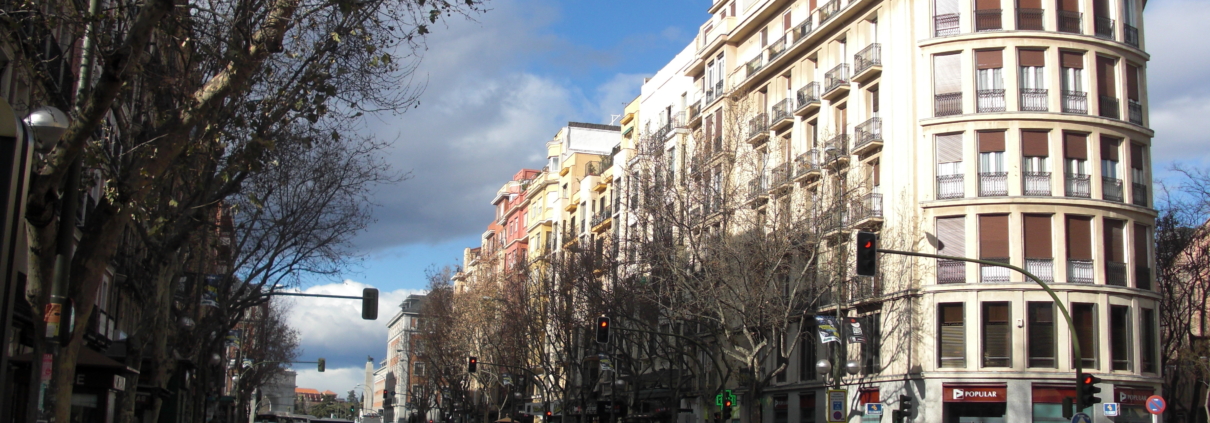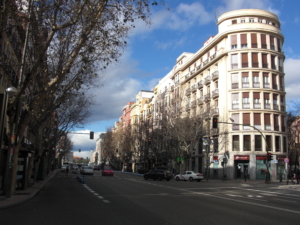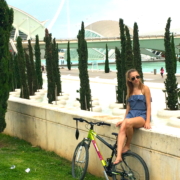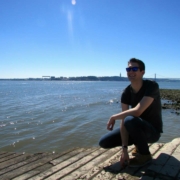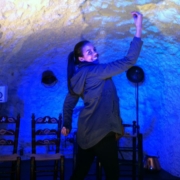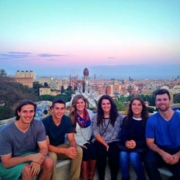Alec Fong, Madrid Management Internship Program
Intern in Accounting and Hospitality in the Restaurant and Hotel Industries, Spring 2012
Internships: I had a pretty interesting experience with the internships. At first, I was placed in the accounting department of a company that owned a group of restaurants. A lot of the work was basic, but that’s because the company wanted to ensure that I had a good work ethic and could prove myself before giving me other responsibilities. I had a previous internship in accounting back here in the United States, so I asked to be put in another accounting internship.
My second internship was helping out the manager of a restaurant and learning about running a restaurant. That included verifying bills, helping customers, and the like. Due to complications with management there, I was moved to a hostel where I was a receptionist. That was by far my favorite job as I got to interact with many different travelers from different parts of the world. I even checked in a guest in on my own and explained all the rules of the hostel. Maybe the only down side to this internship was that I spoke a lot of English since it is a very international language. Although I had these experiences, the internship placement team over in Madrid will always work with students to make sure they’re content with what they’re doing.
I Learned: In the Madrid program, we were all placed into home stays, unlike other programs where students were all bunched together in a dorm. For this reason, I learned how to be extremely independent and not afraid to ask questions to get where I needed to be or to find out how to do something I needed to do. This ranged from cultural interactions to asking which train to take to get home. I also learned how to communicate effectively in another language (expressions, study terms, slang, etc)! There is no other substitute to being surrounded by those who speak the native language.
Comparing/Contrasting to Other Work Experiences: Spain was very different. A lot of the technology was older than that in the United States. People there were generally more relaxed about their jobs and followed tradition. Smaller shops opened around 9/10am, closed for a long lunch from about 2pm-4/5pm, and re-opened until closing time at around 7pm or earlier. Banks closed around 2pm every day and were rarely open on the weekends.
Hardest Part: Studying at a university level in Spanish was probably on the top of my list. Learning finance terms in Spanish wasn’t easy, but some parts were easier since numbers are the same in every language. Professors were generally more willing to help international students, but it was still difficult since some class grades were based off of one cumulative final exam. (I believe this system is getting changed next year.) Study hard!
Best Part: Adjusting to the Spanish culture and living in Spain for five whole months was the absolute best part of my experience. I learned to study in another language, explore the city like a local and know the transportation system like the back of my hand. Being in Europe for that long also meant that I got exposure to a variety of different cultures as well as the opportunity to be able to travel to neighboring countries.
- Alec’s homestay location
